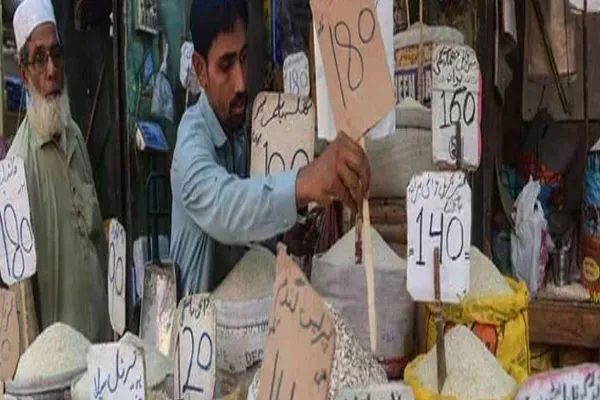i NEWS PAKISTAN
The Ministry of Finance on Thursday announced the successful resolution of Rs1,225 billion power sector circular debt, describing it as a decisive step towards fiscal discipline, investor confidence through collective efforts. This historic joint effort was led by the Prime Minister’s Task Force on Power in coordination with the Ministry of Energy, the State Bank of Pakistan, the Pakistan Banks Association, and 18 partner banks, the ministry said in a press release.
This landmark restructuring represents a major breakthrough in addressing one of the most chronic challenges of Pakistan's energy sector. The agreement includes the restructuring of 660 billion rupees in existing loans and 565 billion rupees in fresh financing to clear overdue payments to power producers. Importantly, this debt workout introduces no new burden on consumers, as repayments will be serviced through the already levied surcharge of 3.23 rupees per unit.
The structure also unlocks 660 billion rupees in sovereign guarantees, channeling liquidity toward agriculture, SMEs, housing, education and healthcare. Commenting on this achievement, Finance Minister Muhammad Aurangzeb underscored that the resolution marks a decisive step toward restoring fiscal discipline, investor confidence, and energy sector sustainability.
Highlighting the broader significance of the achievement, the Finance Minister said this milestone is a testament to the power of collective leadership and effective teamwork, underpinned by technical excellence, inter-institutional coordination, and public-private collaboration. He added that the success sets a precedent for addressing Pakistan's structural challenges with innovation, unity, and resolve.
He further emphasized that this accomplishment signals the government's unwavering commitment to resolve long-standing energy bottlenecks and the government's ability to balance financial stability with energy sector reforms. Importantly, the release of 660 billion rupees in sovereign guarantees through this arrangement will channel much-needed liquidity into priority sectors such as agriculture, SMEs, housing, education and healthcare.
Credit: Independent News Pakistan (INP)









